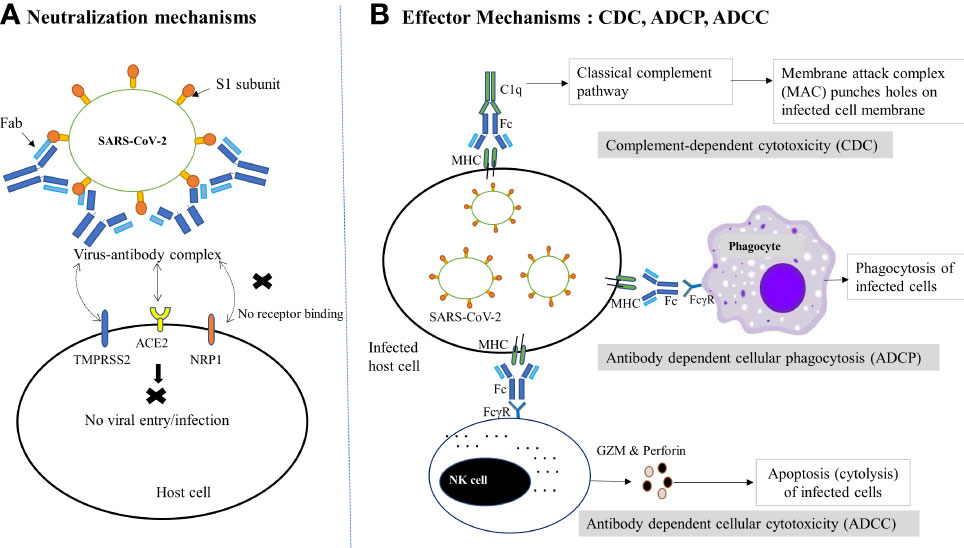Introduction
Antibodies are essential tools in both nature and medicine. These Y-shaped proteins produced by your immune system don’t just fight infections—they also form the basis of some of the most advanced therapies and diagnostics today.
🔍 What Are Antibodies?
Antibodies, or immunoglobulins, are proteins created by B cells that specifically recognize foreign substances, called antigens. They play a central role in protecting the body from viruses, bacteria, and even cancer cells.
Types of antibodies:
- IgG – long-lasting, used in most therapeutics
- IgA – protects mucosal surfaces
- IgM – first responder to infection
- IgE – responds to allergens
- IgD – less understood but involved in B cell function

⚙️ How Antibodies Work
Each antibody has a unique binding site that matches a particular antigen, like a lock and key. Once they bind:
- They can neutralize pathogens
- Tag invaders for destruction by immune cells
- Trigger the complement system
This ability to recognize specific targets makes antibodies powerful therapeutic tools.

Antibodies in Modern Medicine
Monoclonal antibodies (lab-made antibodies from a single B-cell clone) are widely used to treat:
- Cancer (HER2, PD-1/PD-L1)
- Autoimmune diseases (rheumatoid arthritis, lupus)
- Infections ( RSV)
Examples:
- Herceptin®: for HER2+ breast cancer
- Keytruda®: for various cancers
- Dupixent®: for eczema and asthma
🔬 Antibodies in Diagnostics and Research
They’re also essential in:
- ELISA tests
- Flow cytometry
- Western blot
- Rapid diagnostics (e.g., COVID-19 tests)
🧠 Conclusion
Antibodies are no longer just part of the immune system—they are precision-guided therapies, diagnostic tools, and research essentials. Understanding how they work is key to understanding how medicine is evolving.